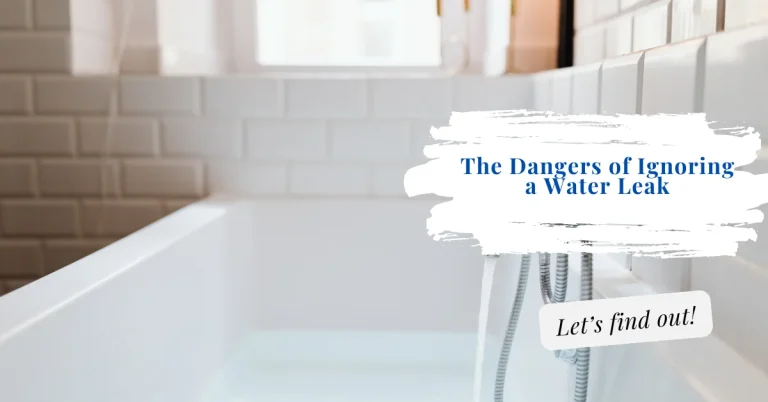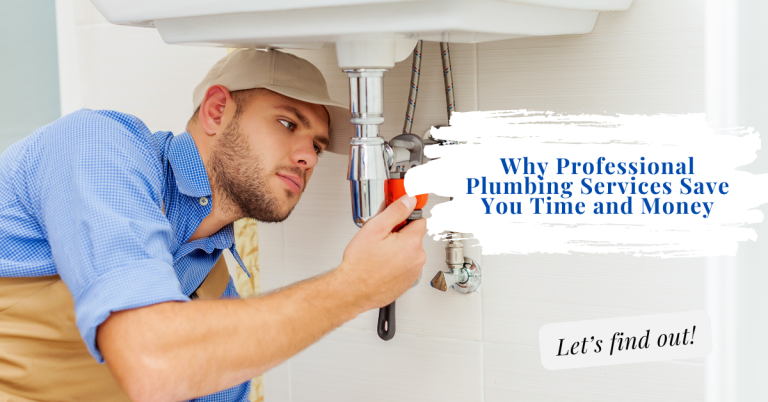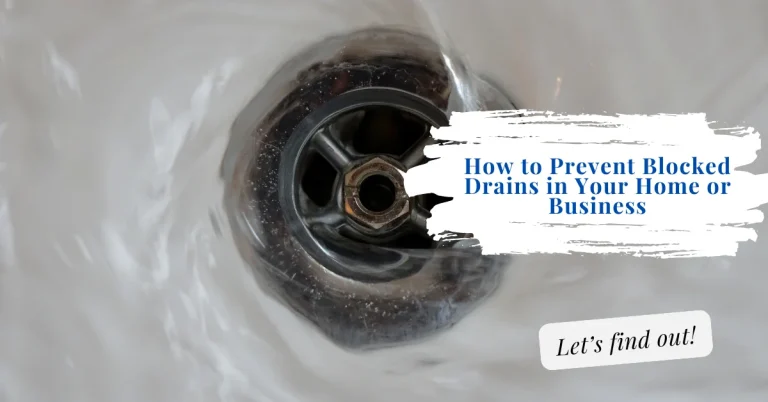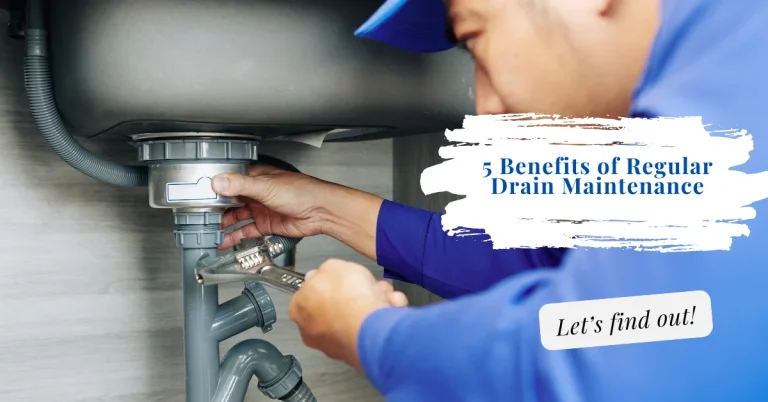As winter approaches, it’s time to think about getting your home plumbing ready for the colder months. Cold weather can take a toll on your plumbing, leading to issues like frozen pipes, leaks, and increased energy bills.
To prevent winter plumbing problems, here’s a step-by-step guide to prepare your home for the chilly season.
1. Insulate Your Pipes
Among the most common winter plumbing issues is frozen pipes. When water freezes inside the pipes, it can cause them to burst and lead to extensive damage.
To prevent this, insulate your pipes, especially those in unheated areas like the basement, attic, or crawl spaces. Pipe insulation can be bought at hardware stores and is straightforward to install. It serves as a safeguard against cold.
2. Seal Gaps and Cracks
Inspect your home for gaps and cracks around doors, windows, and where pipes enter your home. These openings can allow cold air to seep in and affect your plumbing.
Use caulk, weatherstripping, or foam insulation to close these gaps. Not only will this keep your home warmer, but it will also reduce your heating bills.
3. Keep a Consistent Temperature
During the winter, it’s essential to maintain a consistent indoor temperature. Drastic fluctuations in temperature can stress your plumbing system.
Set your thermostat to a comfortable but not excessively high temperature and leave it at that level throughout the day and night. If you’re away for an extended period, don’t turn the heat off completely; instead, lower it to a temperature that prevents freezing.
4. Disconnect and Drain Outdoor Hoses
Before winter arrives, disconnect all garden hoses and drain the water from them. Leaving hoses attached can cause water to back up into the faucets and plumbing inside your home. In freezing temperatures, this trapped water can freeze and damage the faucets and pipes.
5. Shut Off Outdoor Faucets
If your home has separate shut-off valves for outdoor faucets, turn them off and drain the water from the lines. This step is crucial to prevent frozen outdoor faucets, which can lead to pipe damage and leaks.
6. Service Your Water Heater
Your water heater works harder during the winter to provide warm water for your home. To ensure it’s working efficiently, consider servicing it before the cold weather hits.
A professional can flush the tank to remove sediment buildup, check for leaks, and make any necessary adjustments.
7. Test Sump Pumps and Drains
Winter often brings increased precipitation, and a functioning sump pump is essential to prevent basement flooding. Test your sump pump to make sure that it is in good working condition. Also, clear debris from basement floor drains to help water flow freely.
8. Protect Outdoor Plumbing Fixtures
If you have outdoor plumbing fixtures like sprinkler systems or outdoor kitchen plumbing, it’s crucial to winterize them. Drain any water left in these systems and shut them off. Failing to do so can lead to cracked pipes and costly repairs.
9. Check Your Fireplace and Chimney
If you have a fireplace, it’s essential to have it cleaned and inspected before use. A blocked chimney or flue can lead to smoke backup or even a fire. A professional chimney sweep can remove creosote buildup and ensure your fireplace is safe for use.
10. Be Prepared for Emergencies
Despite your great efforts, plumbing emergencies can still happen during winter. Equip your home with essential plumbing tools, such as a plunger, pipe wrench, and pipe tape.
Know the location of your main shut-off valve in case you need to quickly turn off the water to your home in an emergency.
11. Schedule a Professional Inspection
Consider scheduling a professional plumbing inspection before winter arrives. A licensed plumber can identify potential issues, such as worn-out pipes or fixtures, and address them before they turn into major problems during the cold season. This proactive step can save you money and headaches in the long run.
12. Invest in Pipe Heating Cables
For particularly vulnerable pipes that are exposed to extreme cold, consider investing in pipe heating cables. These cables are designed to wrap around pipes and provide consistent, low-level heat to prevent freezing. They are particularly useful for pipes in unheated areas.
13. Educate Your Household
Finally, educate your household members about the importance of winter plumbing maintenance. Encourage them to keep a consistent indoor temperature, avoid leaving faucets dripping, and be cautious about what they flush down the toilet. It’s a collective effort to maintain your plumbing during the winter season.
By following these steps, you can get your home plumbing ready for winter and prevent common cold-weather issues. Winterizing your plumbing not only helps you avoid costly repairs but also ensures your home stays warm and comfortable throughout the chilliest months of the year.






